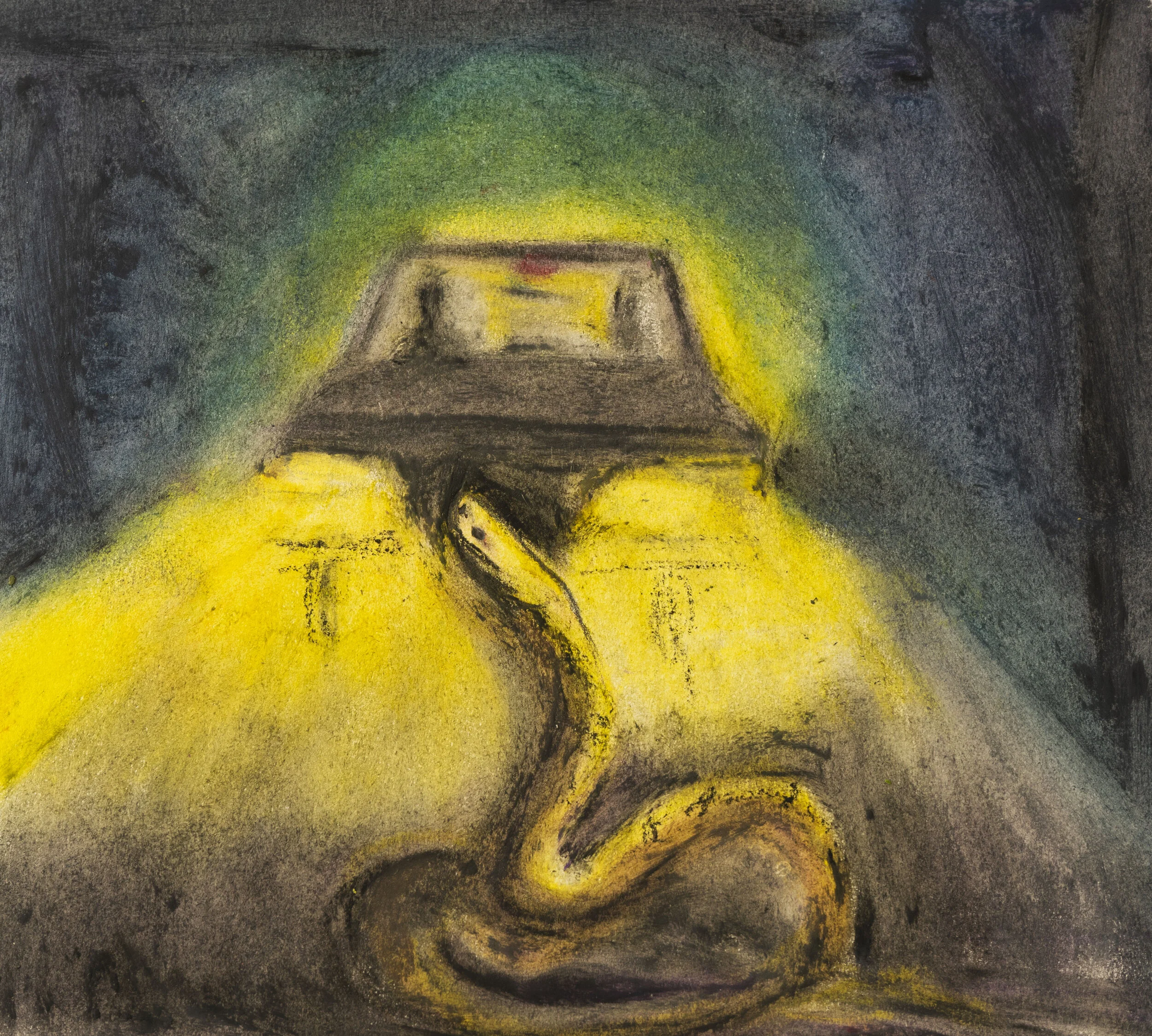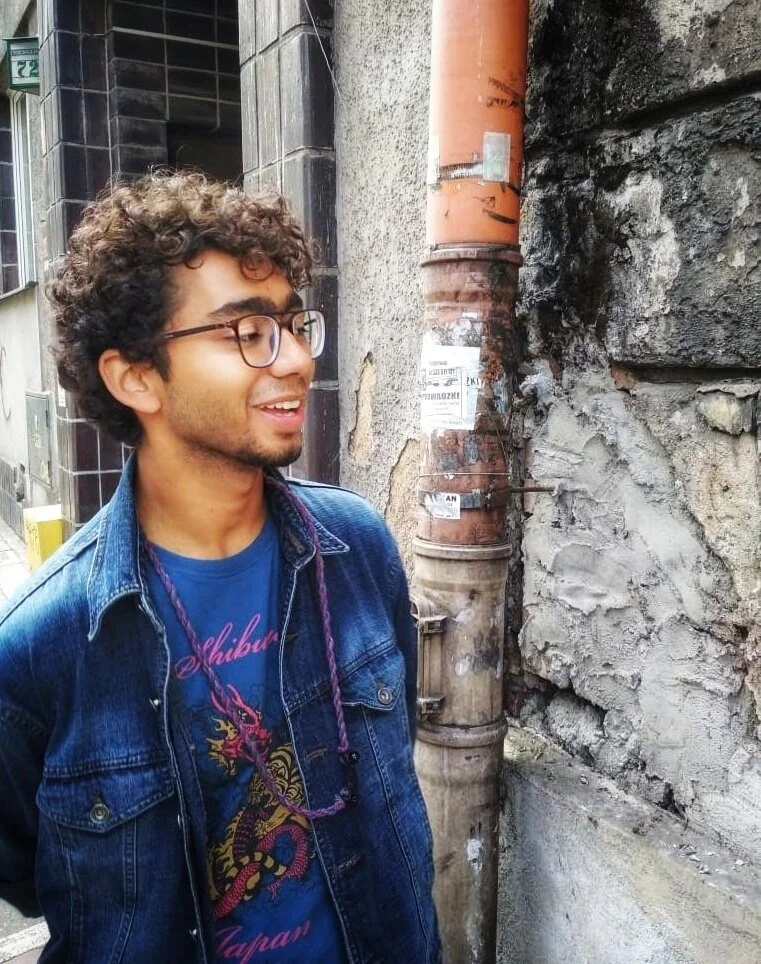Drama School Mumbai 2019: Nandakumara Huvina Hadagali
Nandakumara Huvina Hadagali is one of two Drama School of Mumbai recipients of 2019. In this week’s post he shares with us his journey through theatre so far and what he hopes to achieve going forward.
To Survive & Learn: A Vision Ahead
“Aangikam Bhuvanam Yasya
Vachikam Sarva vaanmayam
Ahaaryam Chandra taaradi
Tam Vande Sattwikam shivam”
It has been 10 years since I have been professional theatre practitioner. I was first introduced to theatre in my village township Rangabharati, Huvinahudagali. The moment I realized that I needed professional training, I applied to Ninasam Prathistana in Karnataka.
Ninasam offered me a strong foundation in the art of theatre. The training was a rigorous culmination of traditional and modern training in dramatic arts. I studied the basics of Kalarippayattu, Yakshagana and other forms. After having built a strong foundation I chose to participate in Trighata, The Ninasam Repertory for two years, where I travelled for performances. During this time, I was able to better understand the culture and language of the state of Karnataka. It inspired me to read and write Karnatak literature, thereby enabling me to adapt narratives for the stage.
In an attempt to further hone my writing skills I applied to the Drama school Mumbai (DSM) in 2019. DSM students visited Ninasam for a weeklong residency two years ago. I was very inspired by their techniques of devising physical theatre and their Theatre Making Laboratory (TML) Programme, a programme that encourages students to collectively adapt a story for stage. I am very grateful to the Ninasam Prathistana, the Inlaks India Foundation, the Tata Trust and the Shankar Sesh Foundation for giving me the opportunity to attend the Drama School Mumbai. The past eight months have left me with numerous tools to become an accomplished theatre practitioner.
One of my most memorable experiences at DSM is when we adapted the Ramayana to be performed on a platform. In the tight space available to us we pushed our boundaries using only body gestures and cultural language to express the narrative and engage our audience. Our daily routine included morning body and voice conditioning, followed by physical training with eminent directors like Faezeh, Anirudh, Katherine and Kalliroi. Poetically speaking, every morning we entered with our empty toolboxes and by the end of the day it was full up to the brim by methods, techniques and ideas. Every little theatre piece was given high critical emphasis.
My learnings broadened the scope of my imagination and the possibilities in my applied practice, I believe this training also somehow prepared me to cope with extreme situtations, like the Covid 19 outbreak. Through the lockdown I have participated and observed my fellow batch mates taking theatre online. We produced a 19-episode series for Insatgram titled, Waiting for Godot, in a Whatsapp group chat. This is just one of several productions we have created during this time. Art blooms in the face of adversity, this is a thought many of us are carrying with us. It helps us stay motivated and continue our practice despite the limited resources we have.
DSM has also provided me with a diverse cultural experience, now as I plan to work on my own theatre company in my township, I am motivated to invite theatre makers across the country to open a collaborative dialogue in an intercultural mode of performance making. My time at DSM has introduced me to all kinds of theatre from commercial, experimental, queer, forum to absurd. I intend collaborate cross culturally and bring this variety of experience to my village. The school has taught us to fight against all odd while holding on to our imaginations. I believe the theatre community will undoubtedly survive these times and emerge stronger than ever. This last year would not have been possible with out the support of Ninasm, Rangabharati, Inlaks India Foundation, Shankar Shesh Foundation, Tata Trust, Jehan Manekshaw, Akshay Shimpi, the faculty at DSM and my friends and colleagues.











